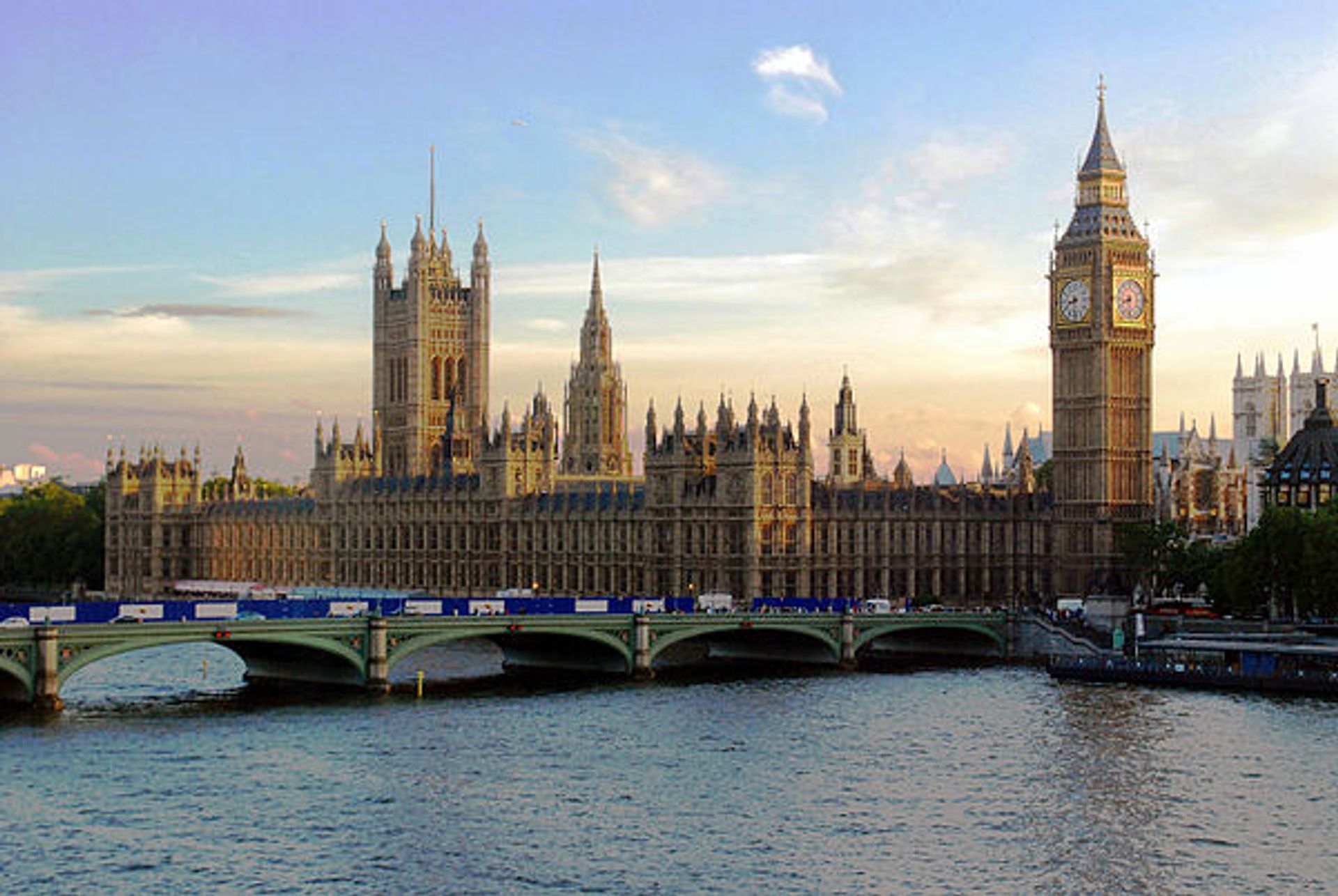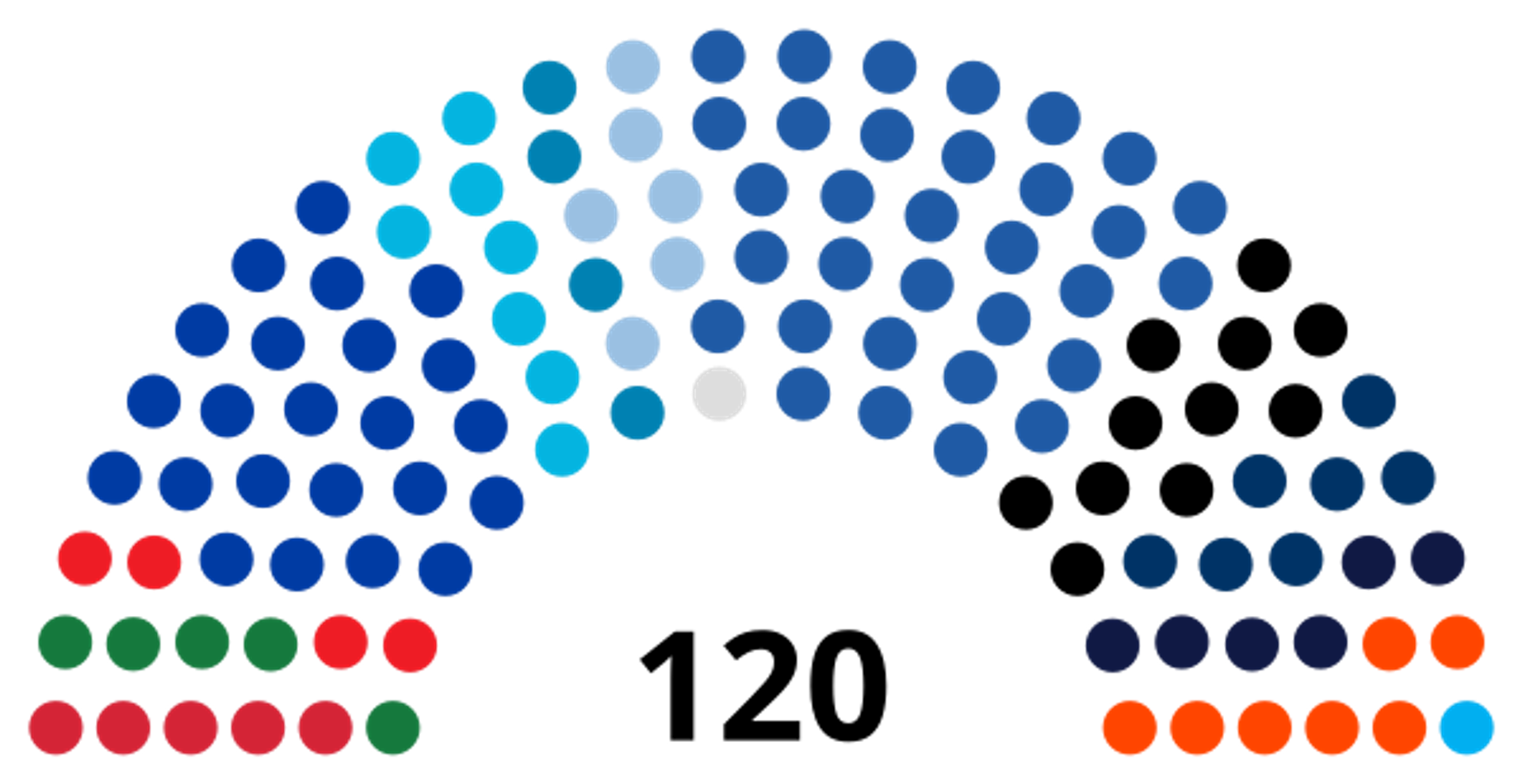Universal Credit
What do people say about Universal Credit?
The perception of Universal Credit is predominantly negative, with many viewing it as a flawed system that fails to provide adequate support for low-income families. Criticisms often focus on the long wait times for payments, punitive measures against claimants, and the complexity of the application process. Many individuals and advocacy groups argue that the system exacerbates poverty rather than alleviating it, highlighting significant gaps in support for the most vulnerable. Conversely, some discussion points suggest a recognition of its intent to streamline benefits, but this is overshadowed by the reality of its implementation and impact on real lives.
Where are the conversations happening?
Critical discussions around Universal Credit are prevalent in sources like The Guardian and BBC News, which frequently cover the negative aspects of the program. These outlets report on real-life impact stories and advocate for policy changes, showcasing the struggles of individuals affected by the system. Meanwhile, government communications may present a more favorable view, focusing on the intended benefits of the program, but they are often met with skepticism from the public and media alike.
What are the topics trending around Universal Credit?
Emerging discussions around Universal Credit include debates over its reform, calls for increased financial support, and the impact of economic changes on low-income households.
Why are these topics trending?
These topics are trending due to ongoing economic pressures and widespread dissatisfaction with the current welfare system, driving public discourse and media coverage aimed at highlighting the urgent need for reform in support mechanisms.
How is Universal Credit being talked about?
Detailed breakdown of public sentiment and conversations about this entity.
Impact vs Sentiment
See how each entity's high impact percentage relates to their positive sentiment percentage from actual mentions.




